
New Study Investigates Why Vaping Could Be More Dangerous Than Smoking
In recent years, vaping has grown in popularity, especially among young adults and teenagers. Marketed as a safer alternative to traditional cigarettes, e-cigarettes have been widely adopted by people trying to quit smoking or avoid the health risks associated with tobacco. However, new scientific research is starting to challenge the idea that vaping is harmless. A new study has raised serious concerns by suggesting that vaping could, in some ways, be more dangerous than smoking.
The study, conducted by a team of researchers from a major university, examined the long-term effects of e-cigarette vapor on lung tissue and cardiovascular health. Using both human data and animal models, researchers discovered that vaping can cause more severe inflammation in lung cells than traditional cigarette smoke. The chemicals found in e-liquids, especially flavored ones, appear to irritate the lungs and bloodstream in ways that scientists did not expect.
One of the major findings of the study is the role of flavoring chemicals. Many e-cigarettes contain a wide variety of artificial flavors like bubblegum, vanilla, and fruit punch to attract younger users. While these flavors may make vaping more appealing, they also introduce a mix of chemicals that are not present in regular cigarettes. Some of these flavoring agents, such as diacetyl, have been linked to a serious lung disease known as “popcorn lung,” which causes coughing, wheezing, and permanent lung damage. Cigarettes, though dangerous, do not contain the same kinds or quantities of these specific chemicals.

Another concern highlighted by the study is the effect of vaping on the cardiovascular system. The researchers found that vaping can increase heart rate, blood pressure, and the risk of blood clots—similar to or even more than smoking in some cases. The nicotine levels in some vape products can be much higher than those in cigarettes, especially in popular brands like Juul. High levels of nicotine are addictive and harmful to the heart, particularly in teenagers whose bodies and brains are still developing.
Furthermore, the metal components in e-cigarettes may pose an additional risk. When the device heats the e-liquid to produce vapor, it can also release tiny metal particles from the coil into the aerosol. These metals, such as nickel and lead, are toxic when inhaled and may cause long-term damage to the lungs and other organs. This is a risk that is unique to vaping devices and does not occur in traditional smoking.
The study also emphasized how youth perception of vaping could be contributing to its dangers. Because many people believe e-cigarettes are safer than traditional tobacco, they tend to use them more frequently and in larger amounts. This overuse can lead to a greater intake of harmful substances than if they were smoking regular cigarettes in moderation.
In conclusion, while vaping was originally introduced as a harm-reduction tool, recent studies suggest it may come with its own set of serious health risks—some of which may even exceed those of smoking. The chemicals in flavored e-liquids, the high levels of nicotine, and the presence of toxic metals all raise major concerns. Public health officials and governments need to take these findings seriously, especially as vaping continues to rise among teenagers. More education, regulation, and long-term research are needed to fully understand the dangers of vaping and to protect future generations from its potentially harmful effects.
News in the same category


Doctors have summarized five warning signs that a person's body typically gives in the year before death

Woman lost both kidneys before turning 30: Doctor warns of 2 habits that cause kidney failure
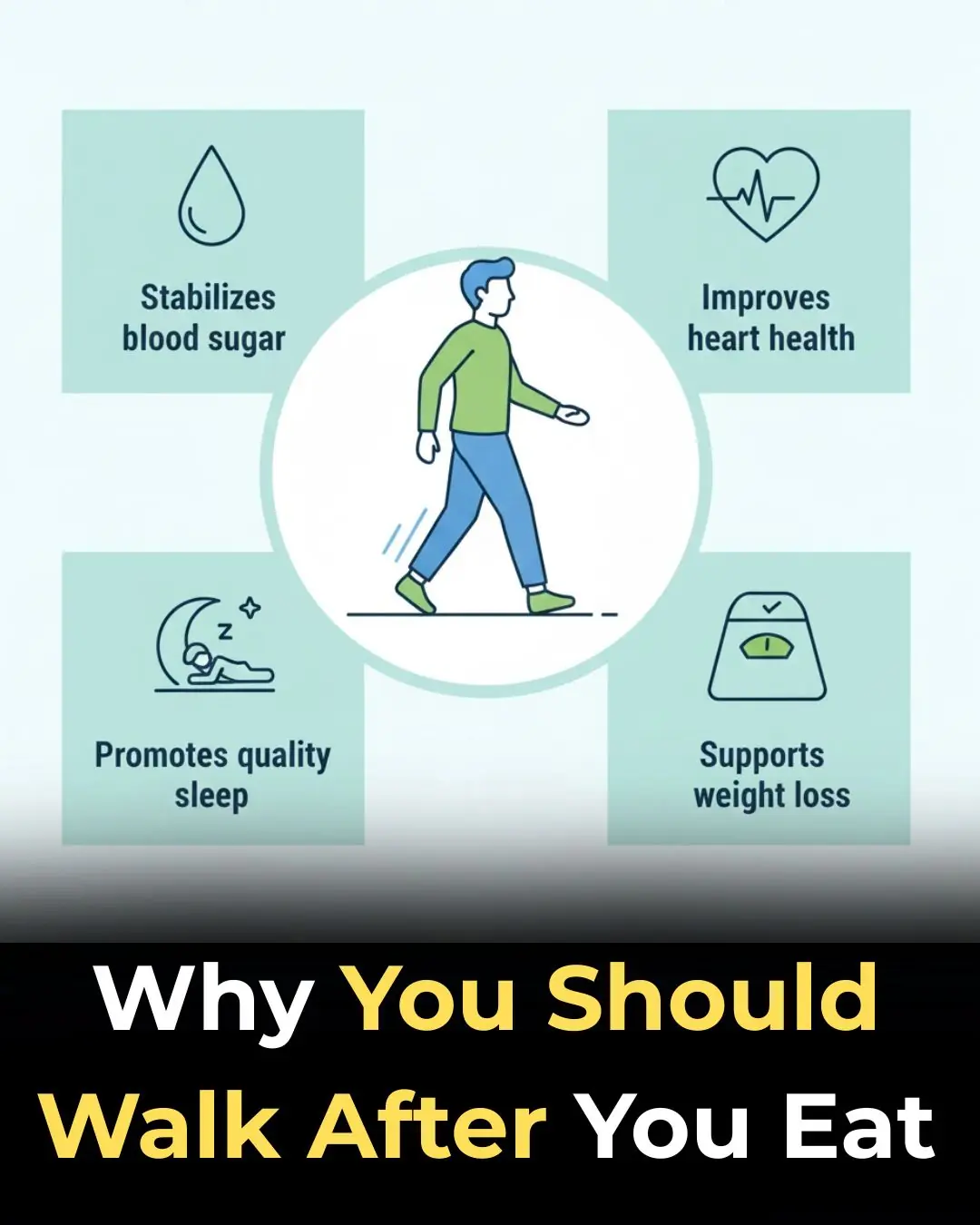
Why Walking After Eating Is So Good for You
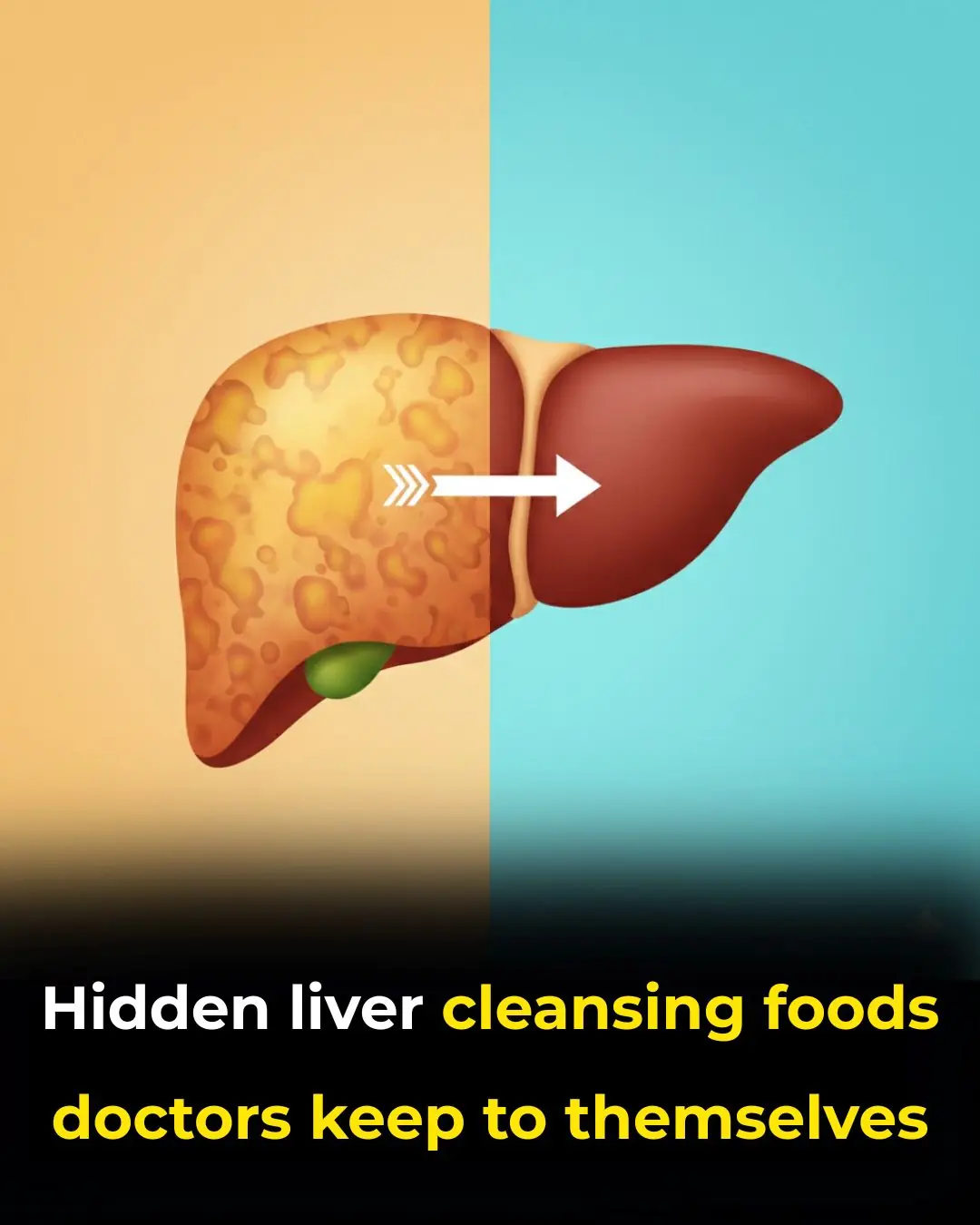
The Best Scientifically Proven Foods to Cleanse Your Liver

5 Common Habits That Quietly Damage Your Knees

Why Hot Dogs and Processed Meat Might Be the Most Dangerous Foods of All Time

Epstein–Barr Virus May Reprogram B Cells and Drive Autoimmunity in Lupus

Oral Semaglutide Fails to Slow Cognitive Decline in Early Alzheimer’s Disease, Phase 3 Trials Show
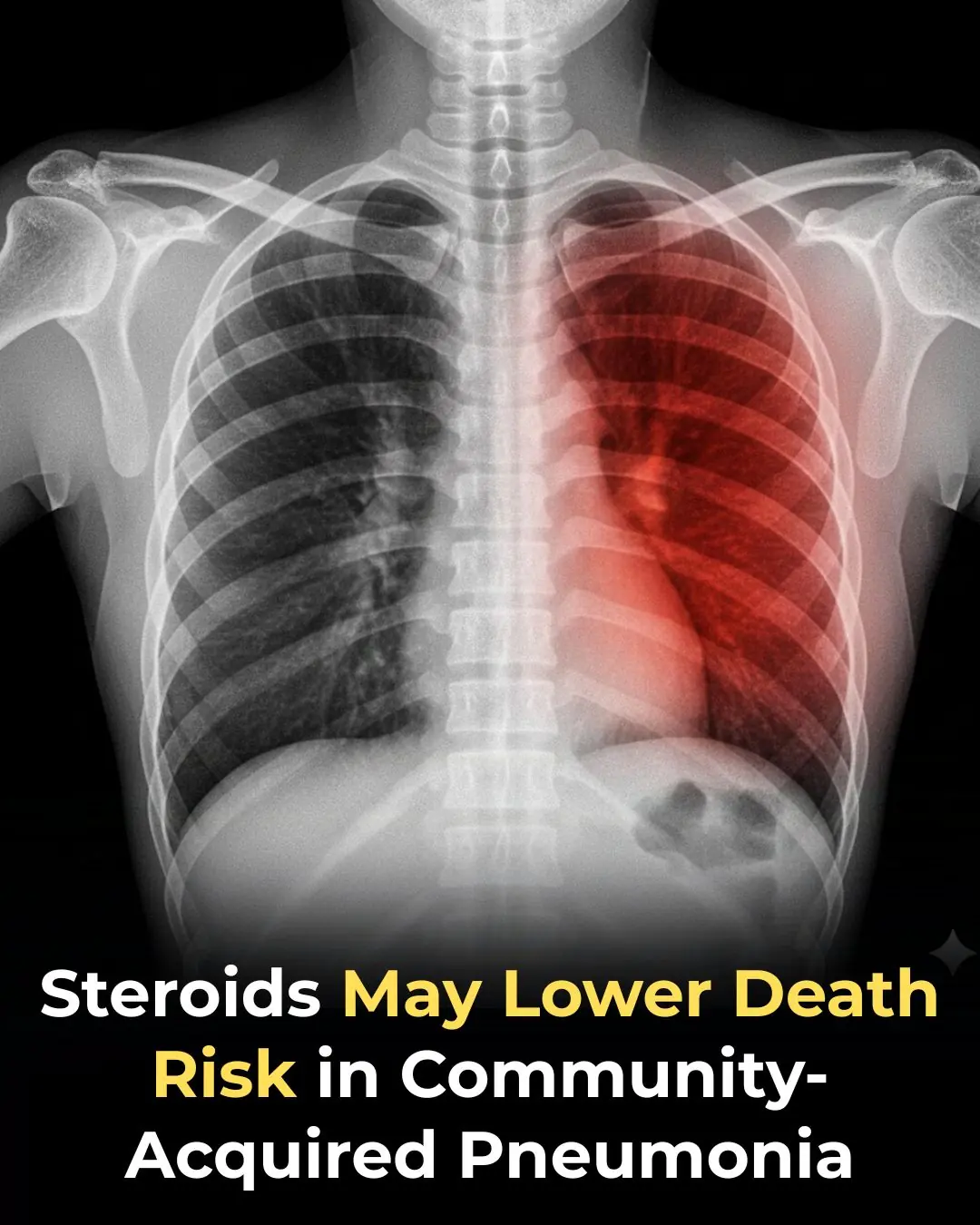
Early Use of Glucocorticoids May Reduce Mortality in Community-Acquired Pneumonia
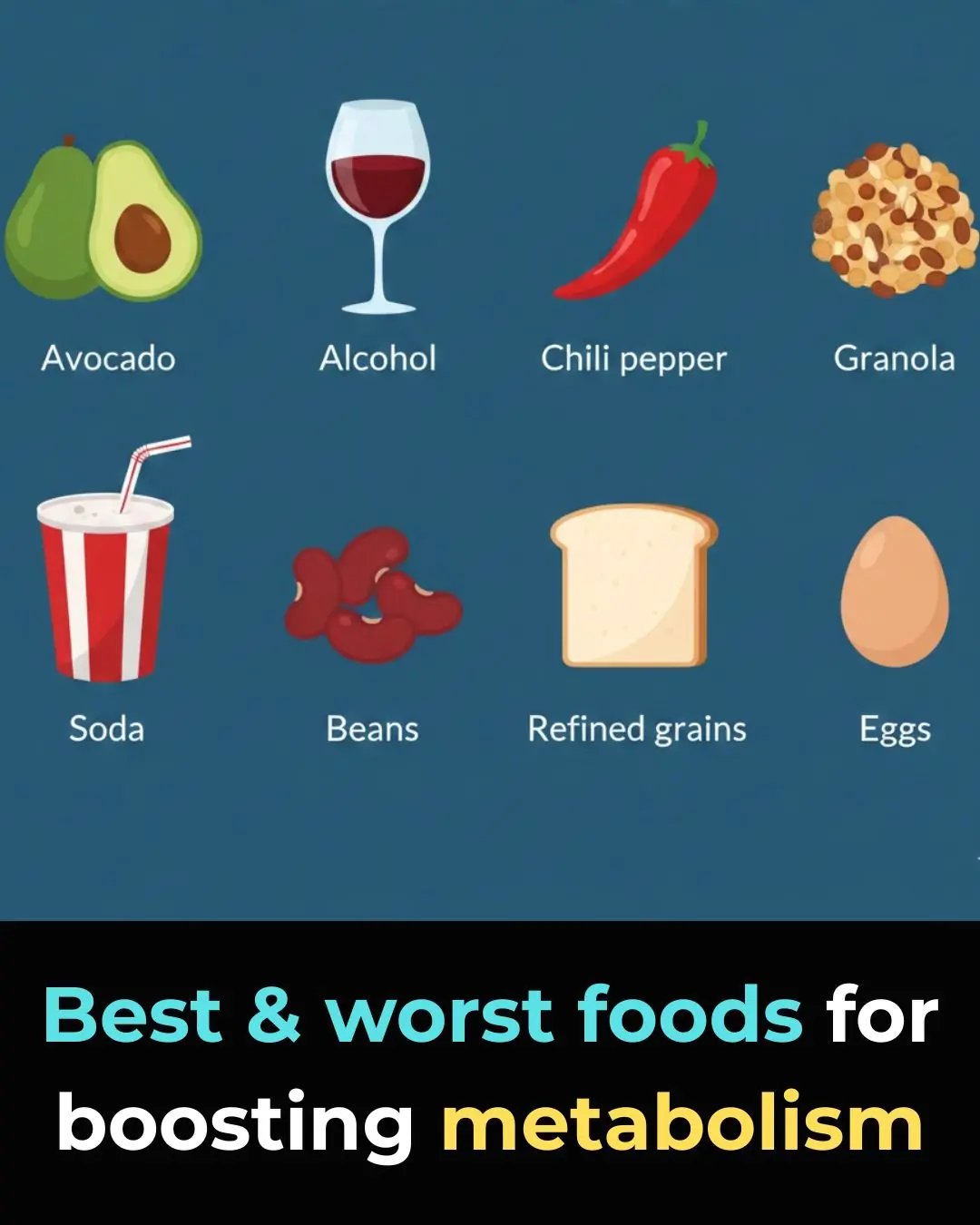
11 Best and Worst Foods for Boosting Metabolism

Three Ideal Times to Eat Boiled Eggs for Effective Weight Loss and Stable Blood Sugar

A 58-Year-Old Man Ate One Clove of Garlic Every Morning — His Medical Checkup Six Months Later Surprised Doctors
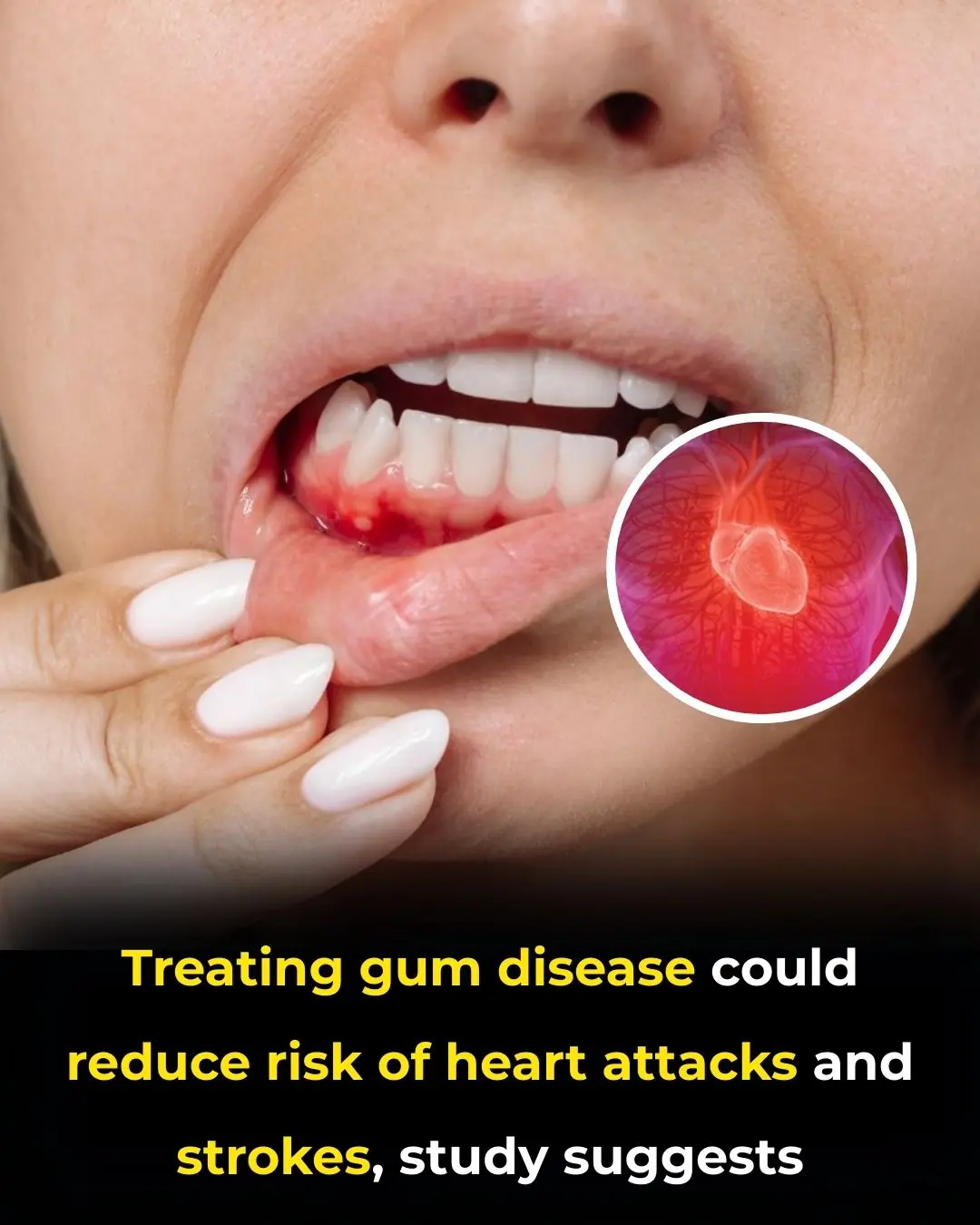
Periodontal Treatment as a Strategy for Cardiovascular and Cerebrovascular Protection
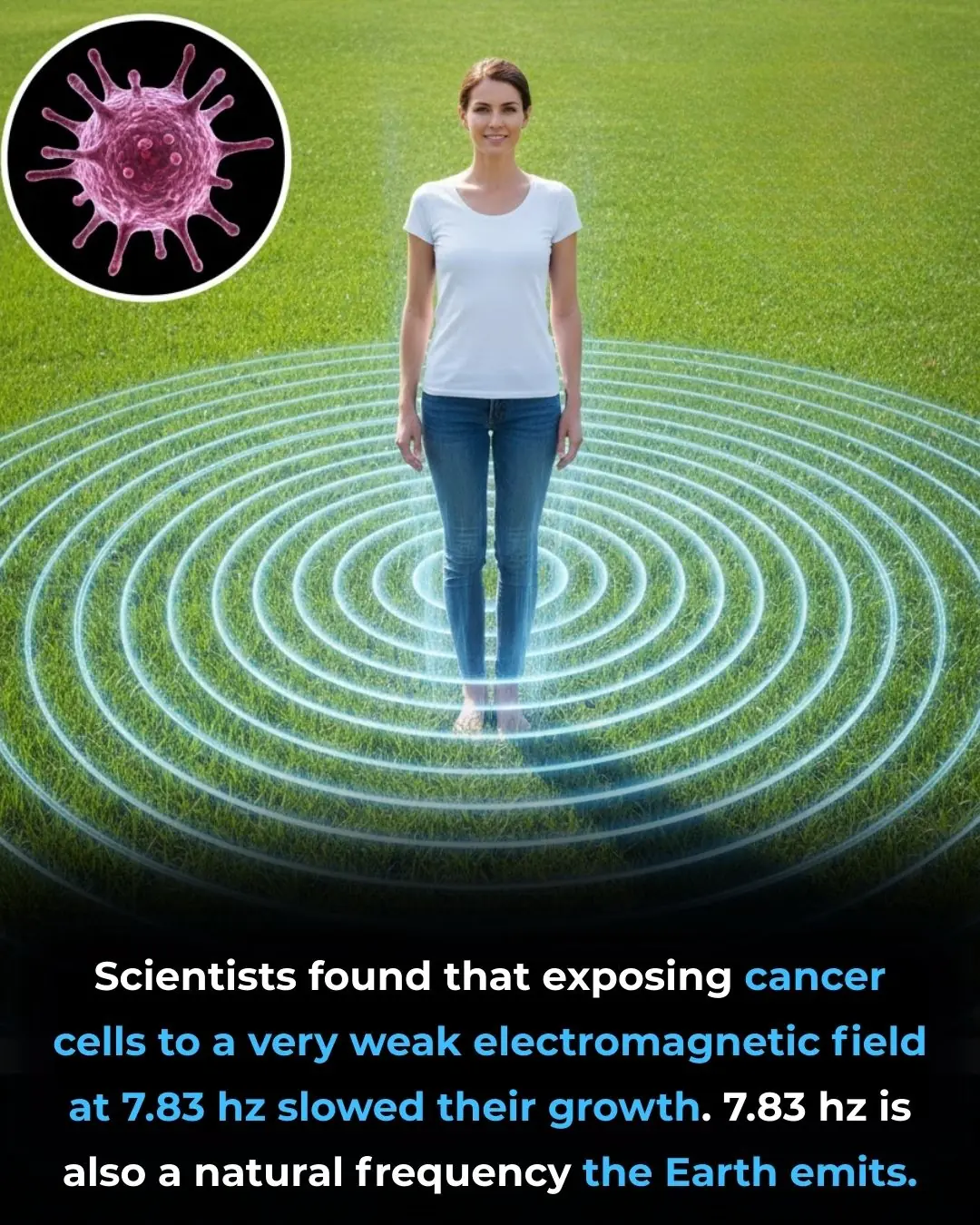
Frequency-Specific Electromagnetic Fields and Cancer Cell Behavior: Evidence and Limitations

Saffron as a Potential Antidepressant: Evidence from Clinical Trials

Metabolic Effects and Limitations of an Extreme Single-Food Diet: Insights from a Sardine-Based Experiment

The Therapeutic Role of Glutamine in Post-Infectious Irritable Bowel Syndrome
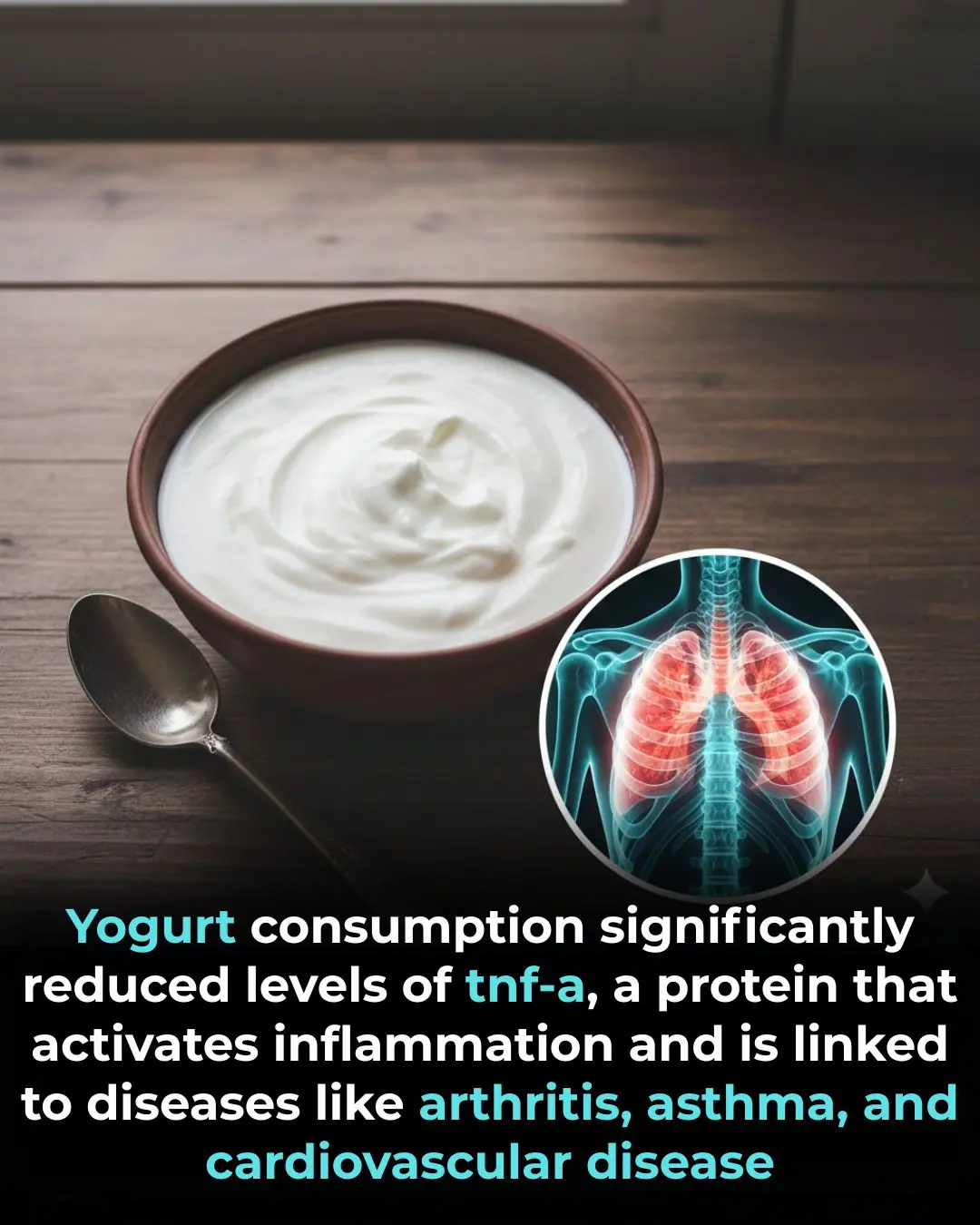
The Anti-Inflammatory Potential of Yogurt in Human Health

7 Yoga Poses That Can Help Relieve Lower Back Pain
News Post

Most people will go their entire life without ever knowing what the drawer under the oven was actually designed for

Beware! 7 Neuropathy Causing Medications You Need to Know

Doctors have summarized five warning signs that a person's body typically gives in the year before death

Why do many people recommend squeezing lemon juice into the oil before frying?

Woman lost both kidneys before turning 30: Doctor warns of 2 habits that cause kidney failure

10 Things Women Who Have Been Heartbroken Too Many Times Do
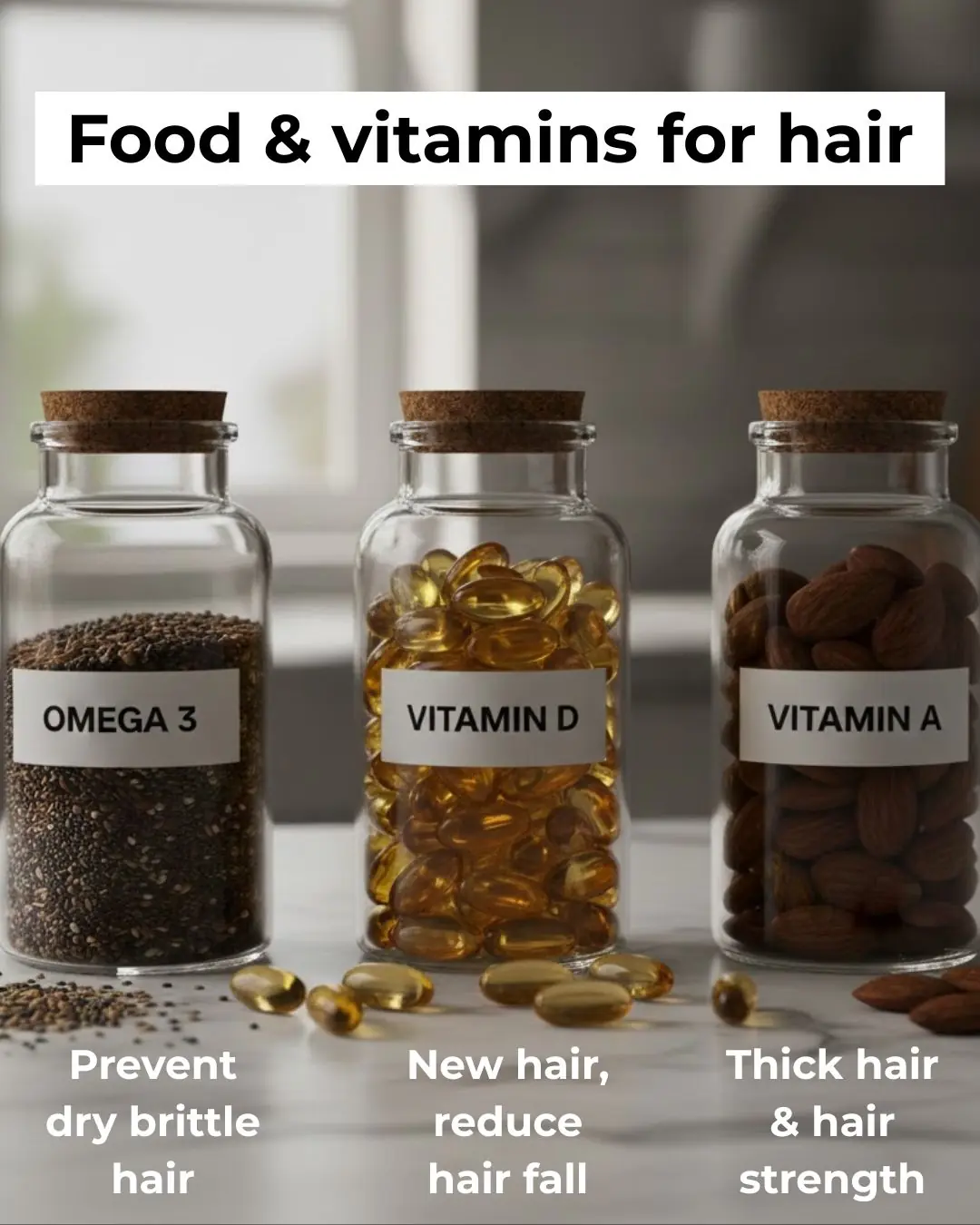
Best Vitamins & Foods for Hair Growth

Homemade Carrot Gel for Glowing Skin & Wrinkles

Potato Toner for Face – Dark Spots, Clear Skin & Pigmentation

after an argument, my husband kicked me out and left me at a bus stop outside the city with no money.

after receiving a huge inheritance, natalya decided to see her husband’s true colors.

after the divorce, my husband threw me out the door without a single penny. i decided to check the old card that my father once gave me, but the banker turned pale and whispered: “madam… you need to see this!” i froze in shock when i found out that

My husband went on a secret trip with his lover and 4 members of her family. When they returned, the house had already been sold. I had packed everything up and moved abroad…

I want to divorce my cheating husband, but the husband of the other woman showed up and gave me $100M, saying: ‘Don’t divorce him just yet, just wait for 3 more months.

My husband SLAPPED my mouth in front of his COWORKERS because of a JOKE. He did not realize that he just ended his own CAREER.

Why Walking After Eating Is So Good for You

My toenail turned thick and yellow. Clinic can’t see me anytime soon. What is this?

This changes everything

The Best Scientifically Proven Foods to Cleanse Your Liver
